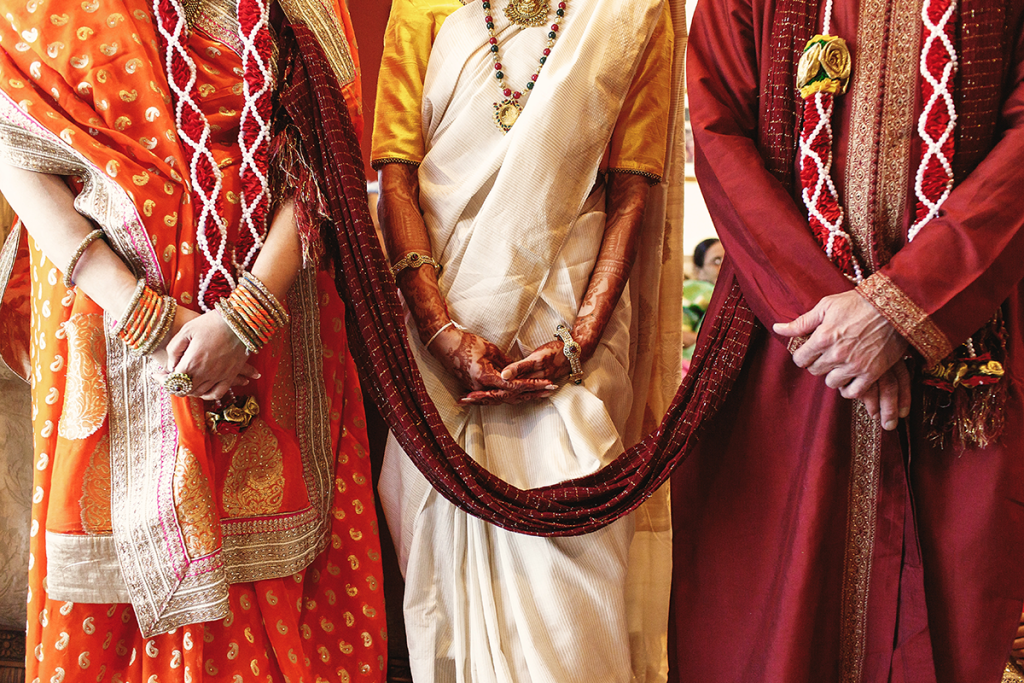India has a rich history and deep cultural significance attached to marriage. Over time, the institution of marriage has evolved, but the concept of second marriages without divorce continues to stir legal and social debates. In this article, we will explore the complexities of second marriage without divorce in India, their legal consequences, and the societal challenges they bring.
If you’re considering a second marriage, SecondSutra Matrimony offers matchmaking services that can guide you through the process, ensuring compatibility and helping you avoid legal and social complications. Additionally, for creating professional marriage biodatas, you can utilize the Free Marriage Biodata Maker available on their platform.
What is Second Marriage Without Divorce in India?
A second marriage without divorce occurs when an individual remarries without legally dissolving their first marriage. There are various scenarios under which this may happen, leading to different legal and social consequences.
Desertion or Separation
Many couples separate, but due to financial constraints or reluctance to go through formal divorce procedures, they never file for a divorce.
Bigamy
In some cases, individuals choose to remarry while still legally married to their first spouse. This leads to bigamy, which is illegal under Indian law.
Religious or Social Reasons
Religious or cultural pressures may push individuals to remarry without finalizing a divorce. They might believe that their first marriage is still valid, or their community may permit such practices.
Legal Framework in India Regarding Second Marriage Without Divorce
In India, second marriages without divorce are primarily regulated by personal laws, which vary depending on one’s religion. Let’s break down the legal provisions for different communities.
Hindu Marriage Act, 1955
Under this Act, Hindus cannot remarry while their first marriage is intact. Bigamy is a criminal offense under Section 494 of the Indian Penal Code (IPC), punishable with imprisonment of up to 7 years.
Muslim Personal Law
Muslims in India may marry up to four times, but they must treat all wives equally. Remarrying without legally divorcing the first spouse can lead to legal troubles, especially if disputes arise.
Indian Christian Marriage Act, 1872
Christians cannot remarry without formally ending their first marriage. A second marriage while the first spouse is alive is considered bigamy and is punishable under Section 494 of the IPC.
Special Marriage Act, 1954
This Special Marriage Act applies to individuals who marry outside their religious customs. It prohibits remarriage without a legal divorce, reinforcing the necessity of ending the first marriage before marrying again.
Legal Consequences of Second Marriage Without Divorce
Opting for a second marriage without divorce can result in serious legal consequences. These consequences include:
Criminal Liability
Bigamy is a criminal offense under the IPC. If the first spouse files a case, the person remarrying without a divorce may face imprisonment for up to 7 years.
Nullification of the Second Marriage
In most instances, the second marriage is deemed void if the first marriage still stands. The court may declare the second marriage invalid, which can strip the second spouse of legal rights.
Property and Inheritance Rights
A second spouse may encounter difficulties related to property and inheritance rights. Likewise, children born from a second marriage may face challenges to their legitimacy and inheritance rights.
Social and Cultural Implications
While the law regulates second marriages without divorce, societal attitudes often stem from cultural, religious, and ethical beliefs.
Stigma and Judgment
In India, second marriages without divorce are heavily stigmatized, particularly for women. Such unions are often viewed as immoral or disrespectful, causing significant social consequences. Men in similar situations may face comparatively less judgment, especially when the first spouse has passed away.
Impact on Children and Families
Children from the first marriage may experience emotional confusion and legal complications when their parent remarries without a divorce. They may struggle with accepting the new family structure. Additionally, the first spouse’s family may feel betrayed, resulting in strained relationships.
Religious and Cultural Practices
In certain communities, religious or cultural traditions may allow second marriages without formal divorce. While these practices offer temporary relief, they remain subject to Indian law, and individuals may face legal repercussions.
For individuals considering remarriage, ZentraMatch Matrimony offers a platform where users can connect with like-minded individuals. This service ensures a smooth matchmaking process, helping you find a compatible partner for your second marriage. By registering with SecondSutra, you gain access to expert guidance, increasing your chances of a successful and fulfilling relationship, while also navigating the legal and social aspects of remarriage with ease.
The Way Forward: Legal Reforms and Social Change
To address the challenges associated with second marriages without divorce, India needs both legal reforms and a more open-minded society.
Simplifying Divorce Procedures
The current divorce process in India is lengthy, costly, and emotionally taxing. Streamlining divorce procedures could reduce the incidence of second marriages without divorce and ensure that individuals can legally end their previous relationships.
Education and Awareness
Raising awareness about the legal and social implications of second marriages without divorce is essential. Educating individuals on the importance of legal processes can help them make informed decisions.
Strengthening Legal Protections for Women
Women must receive stronger legal protections to prevent exploitation in cases of bigamy or social neglect. Providing fair treatment for women is vital to addressing the root causes of second marriages without divorce.
Conclusion
Second marriages without divorce in India raise significant legal, social, and ethical concerns. While the law forbids bigamy and imposes harsh consequences, societal norms often present additional hurdles. Legal reforms and greater social acceptance are critical in helping individuals navigate these challenging situations. Through simplified divorce procedures, increased awareness, and better legal safeguards, India can foster a more supportive environment for individuals seeking second marriages.For a smooth and supported second marriage journey, visit SecondSutra Matrimony and utilize their Free Marriage Biodata Maker tool to make the process easier.



